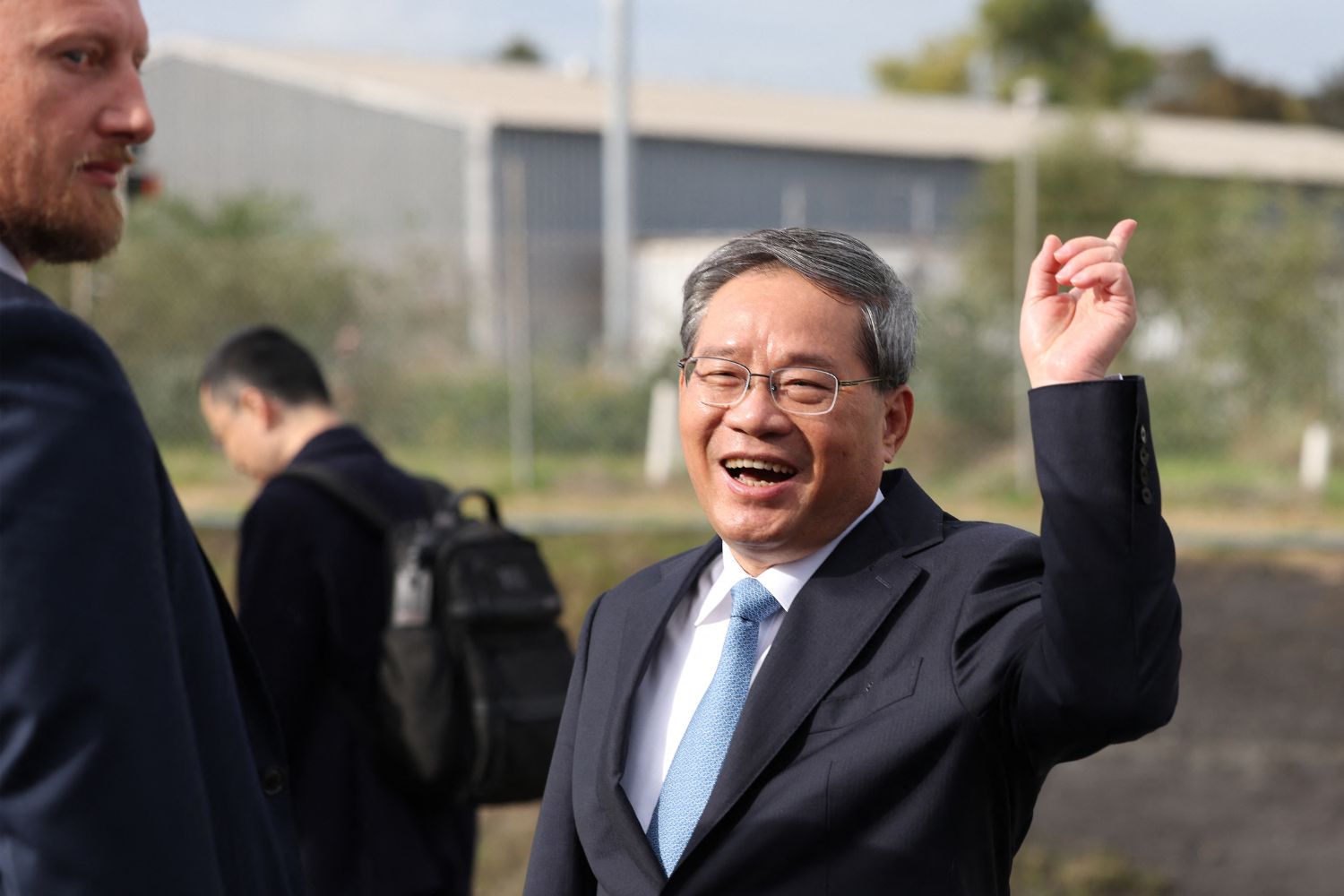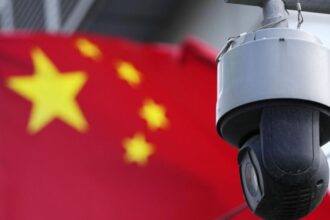On Thursday, 4 July, a conference was held, co-hosted by nine government ministries and agencies in collaboration with the Shanghai municipal government to discuss the development of artificial intelligence. Chinese Premier Li Qiang reported that many economies have been trailing behind the development of artificial intelligence and encourages more inclusivity.
In a conference with the World Artificial Intelligence in Shanghai, he explained that the intelligence gap needs to be bridged and nations should unite in fostering a “fair and open” environment for artificial development to create more benefits for other countries. Li suggested that 2.5 billion people in the world are still offline and developing countries “have not really benefited from the development of artificial intelligence”.
He claims that AI is the common wealth of mankind and that the Chinese people have always believed that true development is when everyone develops together. Li announced the call just days after the UN General Assembly adopted a China-sponsored resolution urging the international community to monitor developing nations for future AI benefits, and calling for a “free, open, inclusive and non-discriminatory” business environment.
The unofficial resolution is co-sponsored by more than 140 countries including the United States – calling for global assistance to help developing countries facing challenges and ensure that they will be up to speed with the development of AI. Li described the resolution as reflecting “China’s responsible attitude towards the development and governance of artificial intelligence”.
At the General Assembly on Monday, Fu Cong, China’s permanent representative to the United Nations responded saying: “a fragmented approach towards AI, towards the digital technology, is not going to benefit anybody”
“The unanimous adoption of the resolution indicates broad agreement among member states to enhance global AI governance through dialogue and cooperation, fully demonstrating China’s responsible attitude and leading role in AI development and governance.” At the Shanghai conference, Li also raised concerns of AI, urging for a more unified approach with other countries by promoting the establishment of an “international mechanism with universal participation” and “standard norms with broad consensus”.
ALSO READ: China uses AI to stop cheating at university entrance exams
He claims that the risks artificial intelligence have brought upon society are a shared challenge. There has been a rapid development of emerging technologies and Li encourages countries to ensure that it remains “safe, reliable and controllable”. According to the China-Britain Business Council, China is the fastest growing and most dynamic global market for emerging digital technologies.
“The development of AI is both a major opportunity for the world and a major global challenge. It is urgent for all countries to conduct in-depth discussions, build consensus, seize opportunities, and overcome challenges together,” he said. The UN resolution adopted on Monday followed a US resolution adopted in March, encouraging countries to safeguard human rights, protect personal data and monitor AI for potential risks.
In October last year, China proposed its own system, called the Global AI Governance Initiative, which called for equal rights on AI development for all countries and joining forces to protect people from the misuse of technologies by terrorists. At the conference on Thursday, Shanghai Party Secretary Chen Jining declared that AI-related cybersecurity must be strengthened and global cooperation must prevent terrorists and extremist groups from using AI for illegal activities.
Chinese foreign ministry spokeswoman Mao Ning said Beijing hopes to “build consensus and promote the healthy, safe and orderly development of AI”. “China advocates the principles of wide participation and consensus-based decision-making in global AI governance, and promotes broad international consensus based on full respect for differences in policies and practices of all countries.”
ALSO READ: OpenAI’s Next Frontier Model: A Path to Artificial General Intelligence













